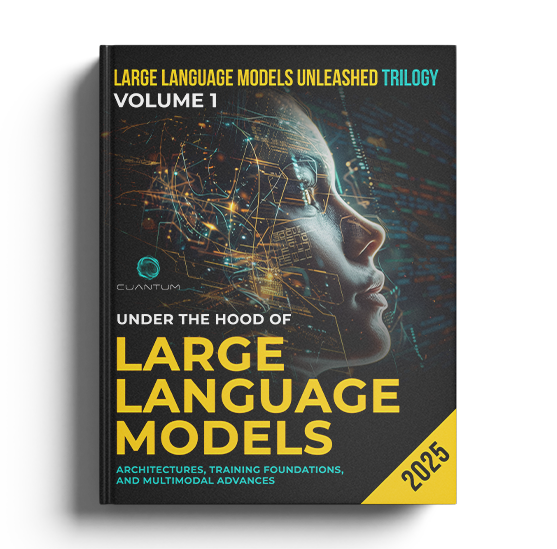Natural Language Processing (NLP) is at the forefront of technological innovation, transforming the way we interact with data and opening up new possibilities for understanding and generating human language.
With Practical Natural Language Processing with Python: From Basics to Advanced Projects, you will embark on a journey that takes you from the foundational concepts to the cutting-edge techniques used in the field today.
This book is your ultimate guide to mastering NLP with Python, equipping you with the skills needed to tackle real-world challenges and develop sophisticated text processing systems.
Whether you're looking to analyze customer feedback, build intelligent chatbots, or delve into machine translation, this book provides you with the comprehensive knowledge and practical experience you need to succeed.
We begin with the essential steps of text preprocessing, where you'll discover techniques to handle raw text data, remove noise, and standardize formats. Tokenization, a critical step, breaks down text into manageable pieces, while stop word removal and lemmatization refine the data further.
Hands-on examples give you a practical understanding of these processes, ensuring you can confidently prepare text data for any NLP task. This foundation is vital, as it sets the stage for more complex analyses and ensures that your data is both accurate and relevant.
Our comprehensive approach ensures you grasp these fundamentals thoroughly, paving the way for your success in more advanced topics.
Delve into the intricacies of language modeling, where you'll learn to create powerful models that can predict and generate text with remarkable accuracy. Recurrent Neural Networks (RNNs) and Long Short-Term Memory Networks (LSTMs) are covered in detail, providing you with the tools to handle sequential data and long-range dependencies.
Syntax and parsing techniques, such as Parts of Speech (POS) tagging and dependency parsing, allow you to extract meaningful information from text, enhancing your ability to understand and manipulate language structures.
Additionally, we cover sentiment analysis, topic modeling, and text summarization, giving you the skills to perform comprehensive text analyses and uncover deeper insights.
Each topic is explained with clarity and precision, supported by practical examples that illustrate their real-world applications.












